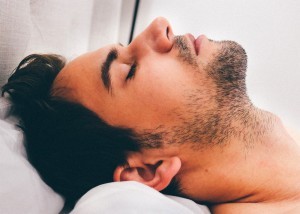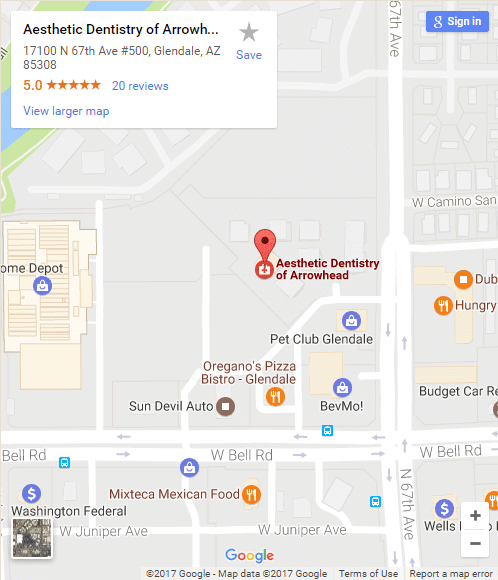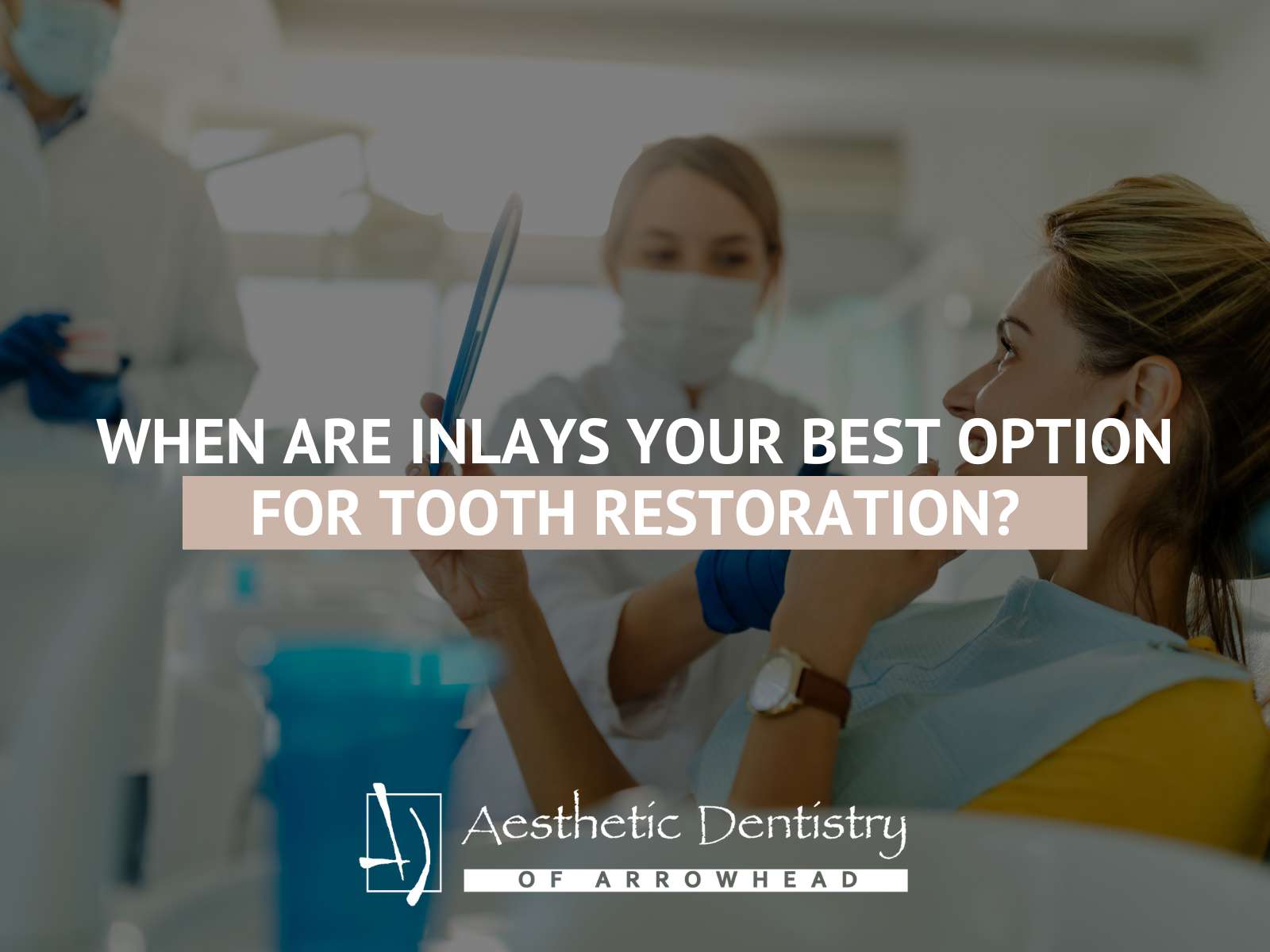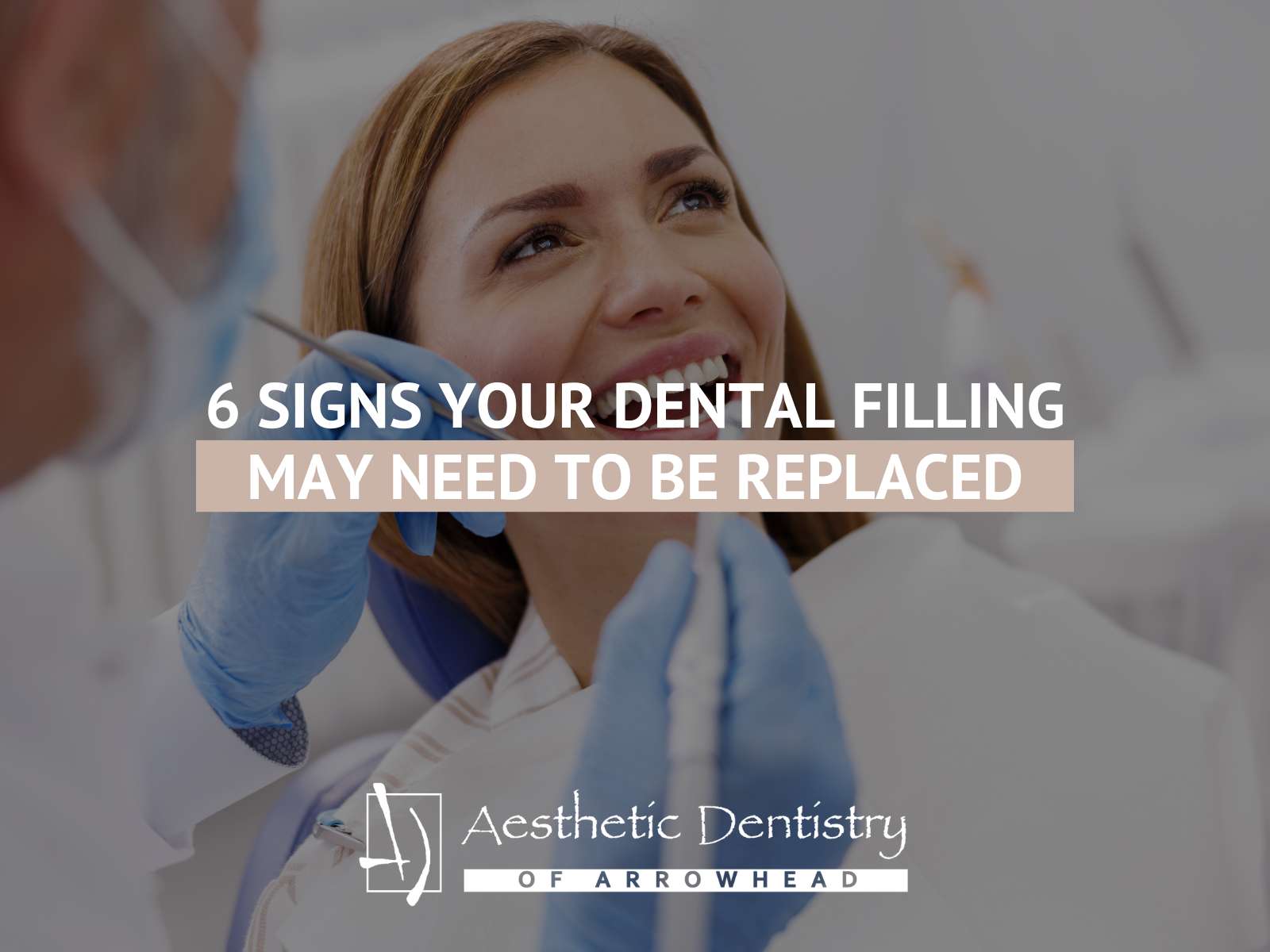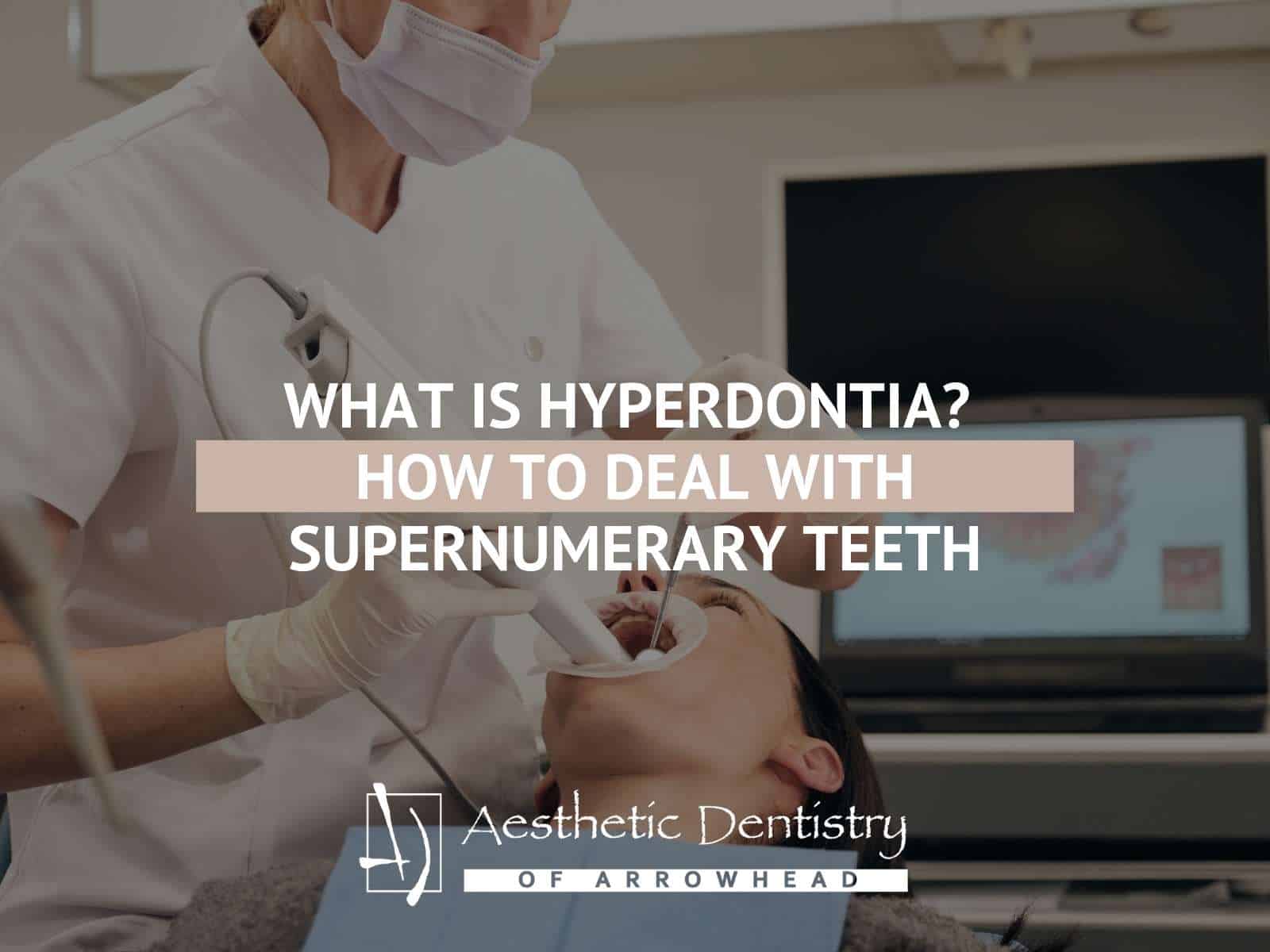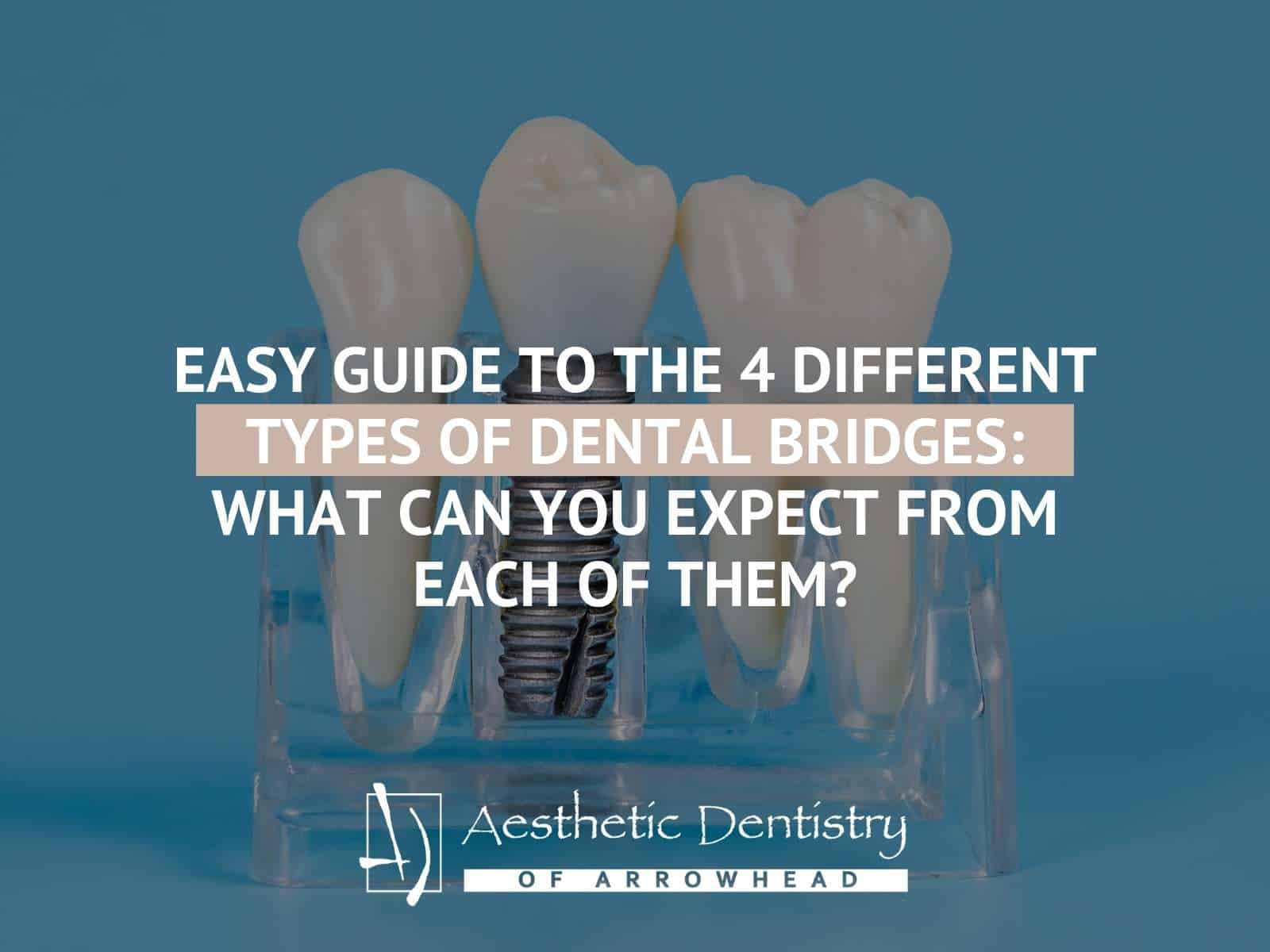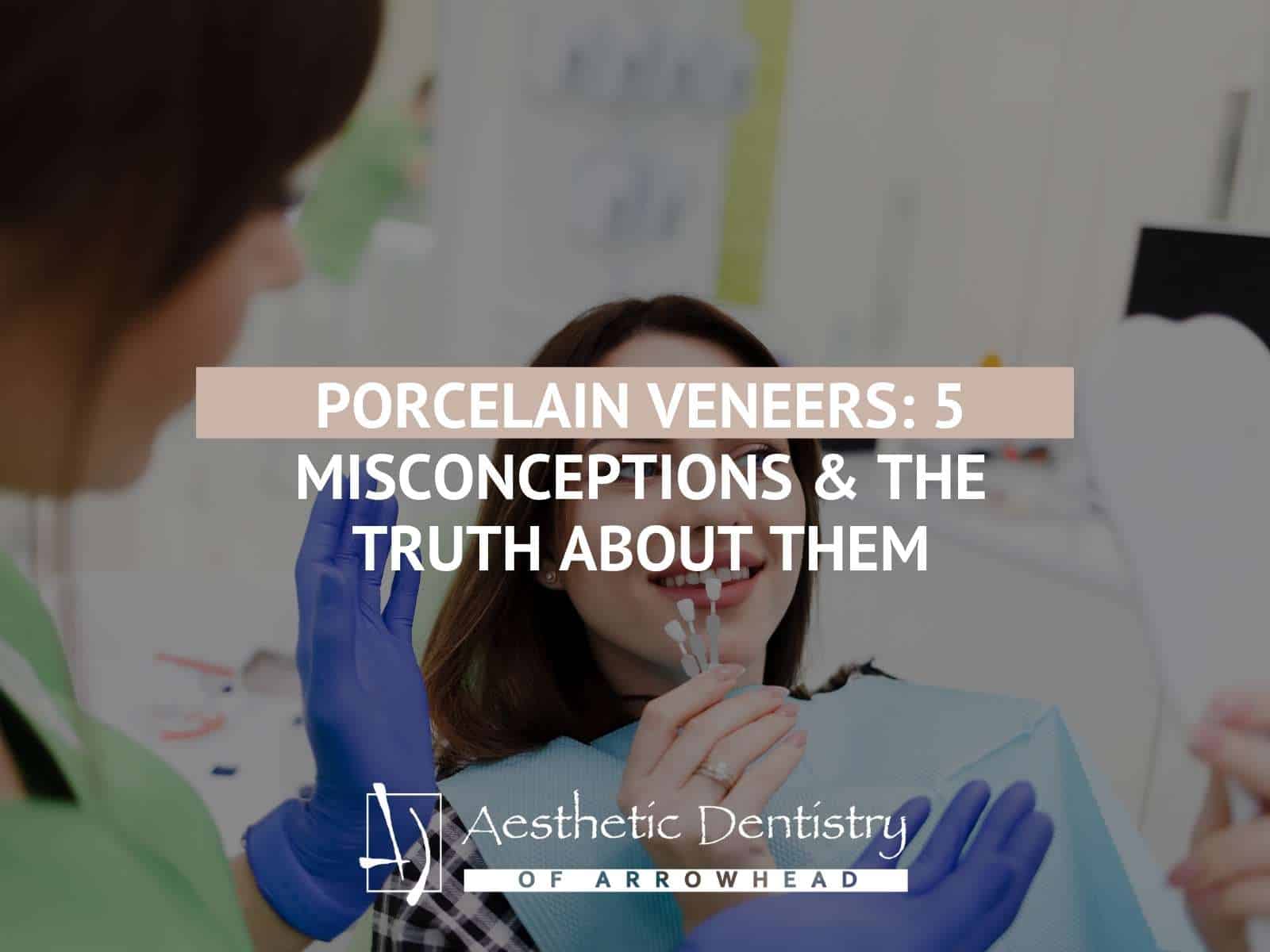Sleep Apnea
People who suffer from sleep apnea tend to wake up as tired as they were when they went to sleep. Sleep Apnea affects about twelve million Americans and is characterized by short pauses in breathing or very shallow breathing. While this may seem to be simply an annoyance, sleep apnea can lead to health complications and can hinder your lifestyle with problems such ass heart disease, high blood pressure, memory problems, and drowsiness during the day. Because of the potential impact on your health and life, be sure to speak with either your Peoria dentist, or your doctor about a complete exam to confirm sleep apnea, which may include a sleep study.
Although several occurrences of shallow breathing or pauses in breathing during sleep are the main characteristic of sleep apnea, other symptoms may include:
- Being sleepy during the day, even after a full night’s rest
- Difficulty concentration during wakeful hours
- Falling asleep at inappropriate times due to constant tiredness
- Irritability
- Sore throat or a dry mouth upon waking in the morning
- Waking up in a sweat
- Choking during sleep
- Loud snoring
- Waking abruptly to restart breathing
- Abnormal sleep patterns
- High blood pressure
- Erectile dysfunction
Four Types of Sleep Apnea
The most common form of sleep apnea is obstructive sleep apnea (OSA). This occurs when the patient’s throat closes as they inhale, preventing them from bringing air into their lungs. As the muscles and soft tissue of the pharynx expand and relax during sleep, air flow is obstructed in the upper respiratory tract, reducing the amount of oxygen available to the body. This causes the patient to wake up and take a deep breath.
Central sleep apnea, also known as Cheyne-Stokes respiration, is caused by the region of the brain that controls the breathing muscles, fails temporarily. In this fairly form of sleep apnea, there is not blockage in the throat, rather the breathing pauses are due to a failure to attempt to breathe. In some cases, chronic OSA can cause central sleep apnea, and in these cases it is referred to as mixed sleep apnea. The cause of this condition is unknown, but it has been shown that weight, as well as cardiovascular and respiratory health can contribute to its development. In rare cases, even after the physical obstruction has been removed, a patient may still experience sleep apnea. These cases are categorized as complex sleep apnea, and is a form of mixed sleep apnea.
Factors Affecting Sleep Apnea
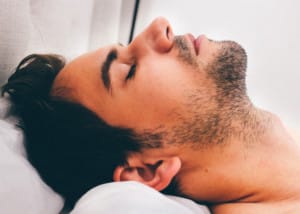
Central sleep apnea is rarely found in healthy people, instead most commonly being found in those who already have a medical condition, frequently one that affect the part of the brain that controls breathing during sleep. Central sleep apnea can be caused by conditions such as:
- Cardiovascular conditions
- Parkinson’s disease
- Advanced arthritis
- Encephalitis
- and other neurodegenerative conditions
Getting Treatment
Sleep apnea can have a number of symptoms that can affect both long-term health, and immediate quality of life, as well as causing difficulty in treating other conditions such as arterial fibrillation. Children suffering from sleep apnea can appear to be high strung, aggressive, hyperactive, and may wet the bed frequently.
Diagnosis
A Glendale, AZ dentist or physician can perform or recommend diagnostic testing for sleep apnea. Such testing may include measure the width of the neck, checking for enlarged glands or tonsils, or assessing obesity in the upper body. Sleep and medical history may also be used in determining a diagnosis, checking for a history of drowsiness, heartburn, headaches, and prior medications. A sleep study performed in a lab can also help determine a diagnosis.
Treatment
Once you are diagnosed with sleep apnea, there are several treatment options available including behavioral changes, dental appliances, medication, surgery, or the use of a Continuous Positive Airway Pressure (CPAP). Ask your doctor for more details about different treatment options.

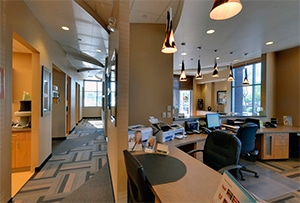
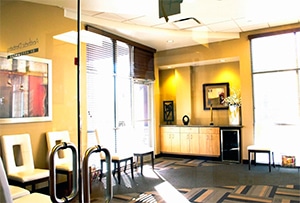

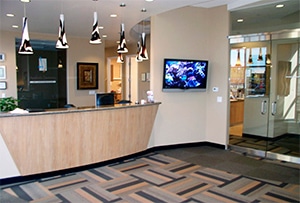
Medication
If sleep apnea is caused by a thyroid condition, hypothyroidism treatment can help manage sleep apnea, while nasal steroid sprays can help with conditions caused by nasal obstruction.
Behavioral Changes
In the milder cases, simple lifestyle changes can effectively treat sleep apnea, such as exercise and weight loss, as well as changing sleep positions to decrease snoring.
Dental Appliances
A dental appliance custom fit by a dentist can be used to hold up a collapsing palate and keep airways clear for mild to moderate cases of sleep apnea. CPAP machines deliver pressurized air through a face mask to ensure the soft palate doesn’t sag during sleep.

